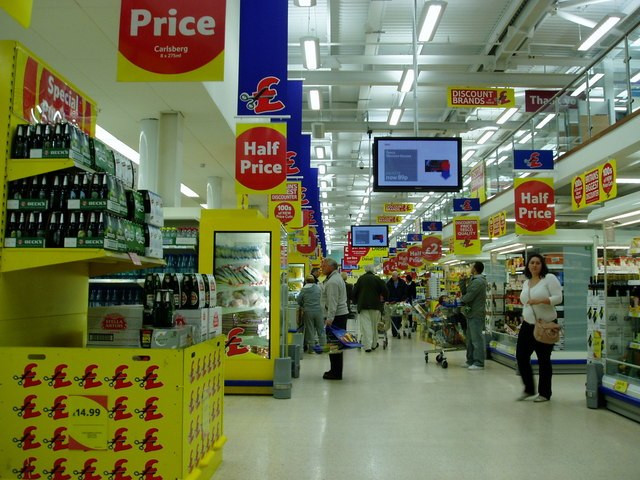Inflation in the United Kingdom has returned to the Bank of England's target rate of 2% for the first time in nearly three years, a milestone seized upon by the governing Conservative Party as proof of their effective economic management ahead of the July 4 election. The Office for National Statistics revealed that inflation, as measured by the consumer prices index, fell to 2% in May, down from 2.3% the previous month, with a significant contribution from declining food prices.
Prime Minister Rishi Sunak hailed the news as evidence that the "economy has now turned a corner." However, Labour's Rachel Reeves, who is poised to become the Treasury chief if her party wins, countered that working people are still "worse off," with mortgage rates at historic highs and taxes at a 70-year peak. Sunak's decision to call an earlier election after the drop in inflation was seen as a strategic move to leverage the improving economic conditions. However, opinion polls have shown little movement, with Labour maintaining a clear lead.
The drop in inflation follows a nearly three-year period of above-target inflation. The last time inflation was at 2% was in July 2021, before prices began to surge due to supply chain issues during the COVID-19 pandemic and Russia's invasion of Ukraine, which significantly increased energy costs. Despite the positive news on inflation, economists do not expect the Bank of England to lower its main interest rate from 5.25% on Thursday. Concerns remain over price rises in the services sector and the pace of wage increases, which could lead to an inflation rebound if interest rates are cut prematurely.
Suren Thiru, economics director at the Institute of Chartered Accountants in England and Wales, commented, "Despite this landmark fall in inflation, concerns over both underlying price pressures and changing policy in the run-up to a general election means a June interest rate cut is almost certainly off the table." The Bank of England, like other central banks, raised interest rates aggressively in late 2021 from near zero to counter the rapid increase in inflation, which peaked at over 11% in late 2022.
Higher interest rates have helped to ease inflation but have also weighed on the British economy, which has struggled to grow since the pandemic rebound. Labour leader Keir Starmer has emphasized that boosting economic growth will be a primary focus if he becomes prime minister. In a blow to Sunak, billionaire John Caudwell, a prominent Conservative donor, announced he would support Labour for the first time, convinced of Starmer's commitment to wealth creation.
The fall in inflation has been more pronounced in the UK than in the eurozone or the United States, where consumer price inflation in May was 2.6% and 3.3% respectively. This has challenged concerns that British inflation was particularly stubborn. Inflation initially began rising in most Western economies in the second half of 2021 due to pandemic-related bottlenecks and surged after Russia's invasion of Ukraine in February 2022 caused natural gas prices to soar.
Despite the positive inflation news, the Bank of England has indicated that a return to the target is insufficient for reducing interest rates. Martin Sartorius, principal economist at the Confederation of British Industry, stated, "Rate-setters will still need to weigh the fall in headline inflation against signs that domestic price pressures, such as elevated pay growth, are proving slower to come down." Financial markets now anticipate a rate cut in August or September, rather than June.
Regular pay in the private sector grew by an annual 5.8% in the three months to April, slightly down from the first quarter but still nearly double the rate needed to maintain 2% inflation. The recent fall in inflation was partly driven by a cut in regulated household energy bills in April, but this effect is expected to fade, with the Bank of England predicting inflation to rise to 2.6% later in the year.
Lower food prices were the biggest factor in reducing inflation in May, with the annual rate for food and non-alcoholic drinks dropping to 1.7% from a 45-year high of 19.2% in March 2023. Cheaper electrical appliances and a smaller rise in the cost of recreational and cultural activities also contributed. However, higher air fares caused services price inflation to fall less than expected, illustrating the volatility and complexity of managing inflation pressures in the economy.






